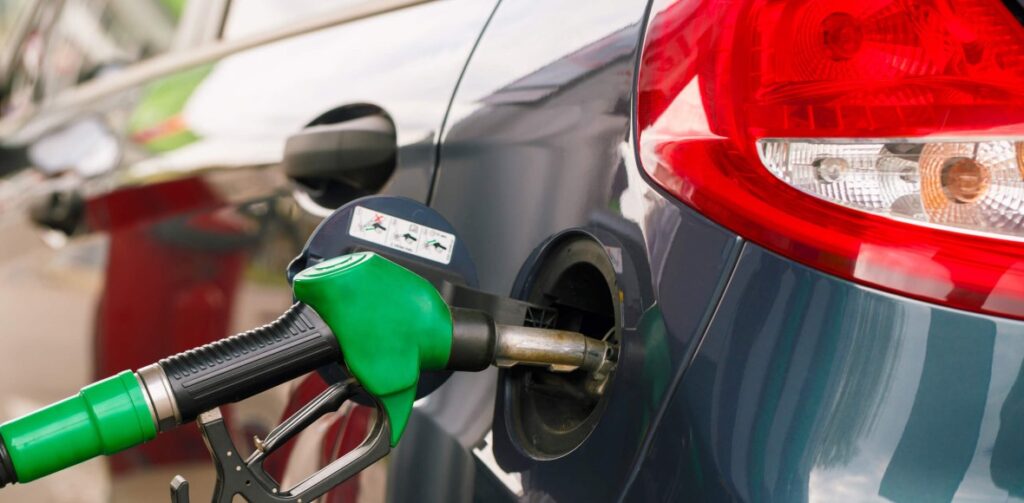In today’s rapidly evolving automotive landscape, the future of petrol cars in Australia is a hot topic. With the news that European Union countries will ban the sale of new petrol cars from 2035, and locally the ACT vowing to cease registrations of emission producing cars at this time too, the future of petrol cars in Australia is uncertain.
Whilst an increased focus on sustainability and cleaner transport has led to significant interest in hybrid and electric vehicles, petrol cars currently still dominate the Australian market. However, the rise of alternative fuel sources has prompted discussions about the longevity of petrol cars and led people to question “are petrol cars being phased out?”. Whilst the market is still evolving, petrol cars are expected to be available in the foreseeable future.
So, where is Australia at right now?
Australia has committed to the goal of achieving net zero emissions by the year 2050. To assist in achieving this goal, each state has set interim emission reduction targets to achieve by 2030. The exception to this is Tasmania, who are leading the pack, having achieved net zero back in 2015. There are several key strategies being rolled out to ensure this target is met, including measures to encourage Australians to purchase electric vehicle’s in order to reduce emissions.
Are petrol cars being phased out as a net zero strategy?
In the short-term, no. However, Australia, like many countries, is committed to reducing carbon emissions from vehicles and transitioning to cleaner transportation. In order to reduce our emissions the Australian Government has developed a National Electric Vehicle Strategy to encourage the uptake of electric vehicle’s by making them more accessible and affordable. Many state governments have introduced electric car incentives to encourage the adoption of electric and low emission vehicles, and are looking to increase their charging networks, however uptake has been slow. As well as making the vehicles themselves more affordable, there is the added monetary benefit of users saving money on fuel – a commodity that seems to be ever increasing in price!
What will happen to all the diesel and petrol vehicles?
As we shift towards cleaner transport as a nation, a big question being asked is what happens to the millions of petrol and diesel cars currently on the road? Currently incoming regulations and strategies are focused on the production of new vehicles, meaning the secondhand car market for petrol vehicles will continue to operate for the foreseeable future.
Disposing of diesel and petrol vehicles
To mitigate the environmental impact of the disposal of old diesel and petrol cars, the Australian Government is working alongside FCAI to implement a strategy to address the waste being generated from vehicles at the end of their life. The strategy will likely see the introduction of recycling initiatives and scrappage programs that hope to reduce the number of valuable resources ending up in landfill. The main issue is the amount of plastic distributed throughout vehicles, making it costly to separate out materials such as aluminium and steel that could be repurposed.
How soon are petrol cars being phased out?
Whilst a complete elimination of petrol cars is unlikely in the next decade, the future of petrol cars in Australia will likely decline as there is a gradual shift towards cleaner options. In the near future we can expect a diversified automotive landscape with a mix of petrol, electric and hybrid vehicles. By embracing a diversified automotive future, implementing sustainable practices, and considering alternative fuel options, Australia can pave the way for a greener and more efficient transportation system.
Still want to know more about are petrol cars being phased out or interested in learning about your finance options for an electric vehicle? Get in touch with the team today on 13 FIDO or contact us online.






